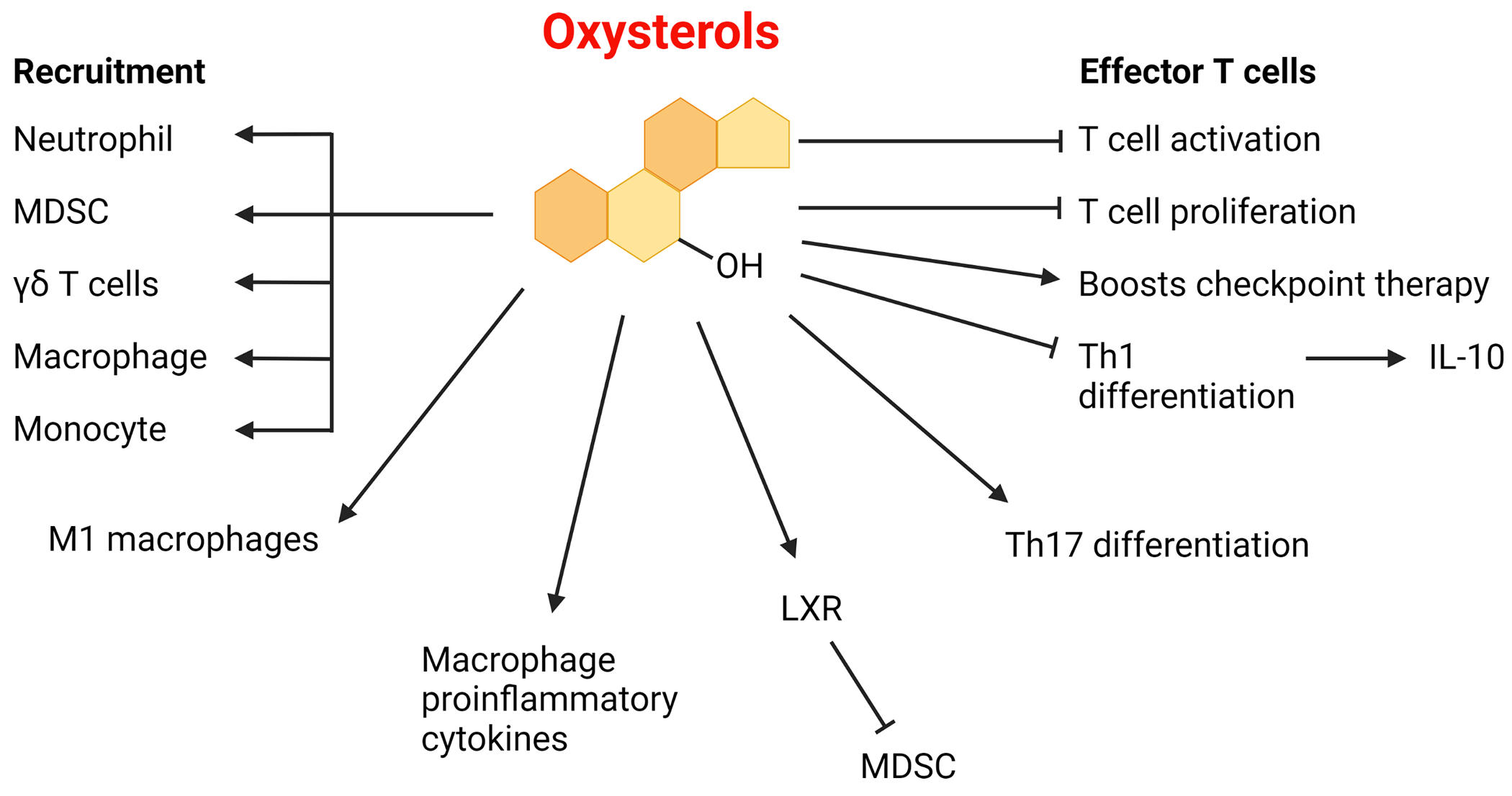Figure 2. Examples of immune system alterations associated with oxysterols in mammals.

Oxysterols can act as recruiting factors for several types of immune cells [18,37,68,70]. Furthermore, oxysterols can induce macrophage inflammatory pathways and other immunoregulatory mechanisms [23,69]. Oxysterols can act as agonists for liver X receptor (LXR) to inhibit myeloid-derived suppressor cells (MDSCs), which can help enable helper T cell activation [38]. Although oxysterols can help boost checkpoint immunotherapy, they have also been reported to limit T cell proliferation [18,37,132]. Oxysterols also inhibit type 1 T helper (Th1) cell switching and can inhibit the switch from interferon-γ (IFNγ) production to IL-10 production [45]. Oxysterols can also promote Th17 differentiation in humans and mouse models, though the reverse outcome was observed in a mouse model of experimental autoimmune encephalomyelitis [102,131]. Oxysterols have been observed to promote a pro-inflammatory state in macrophages by enhancing the M1-like phenotype and promoting pro-inflammatory M2-like macrophages [137–139]. Illustration created with BioRender.com.
